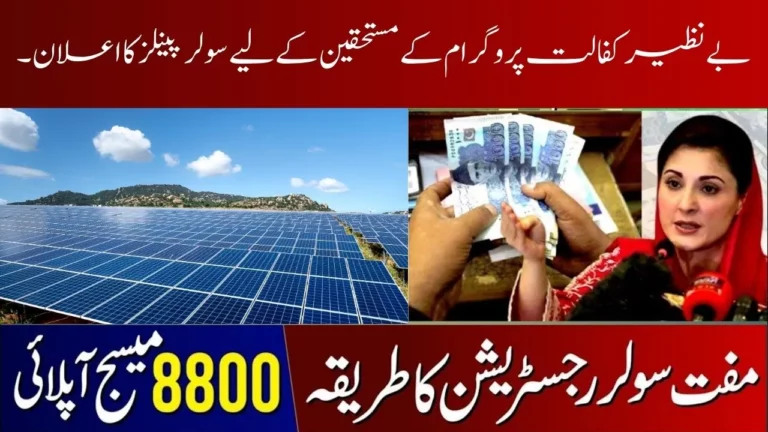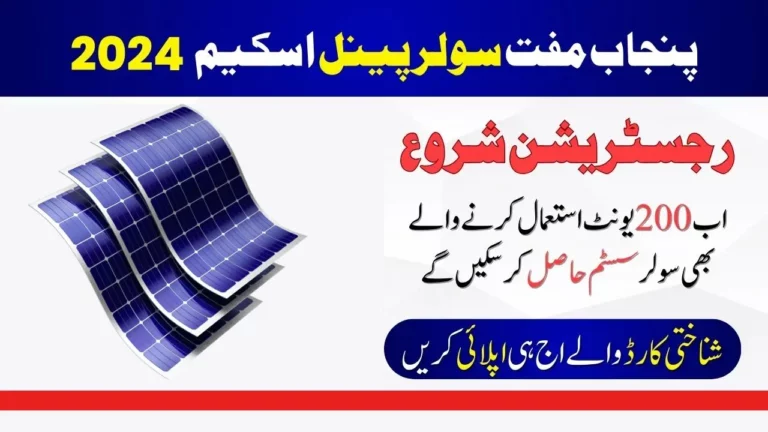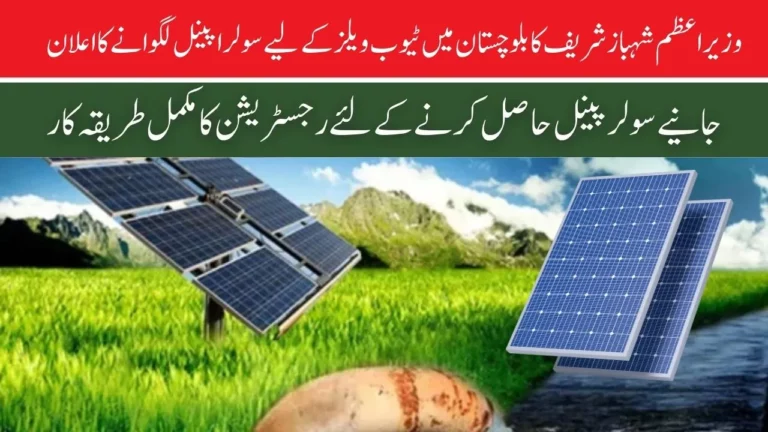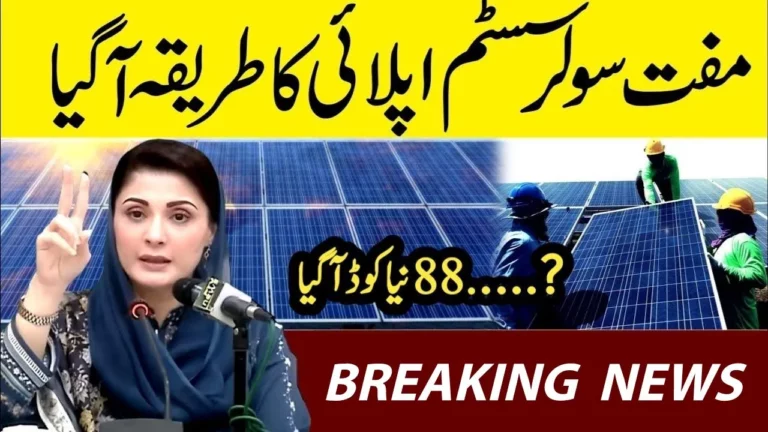Sindh Government to Provide 200,000 Solar Panels to Citizens in August
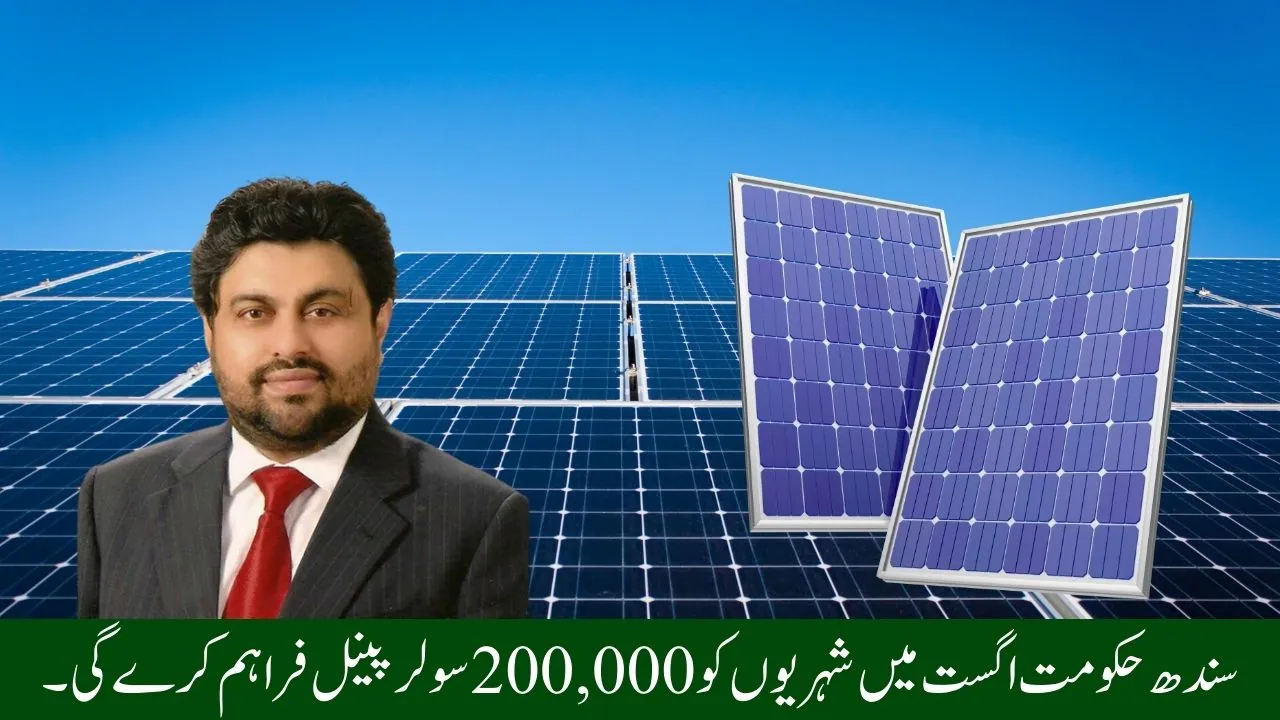
The Sindh government has announced plans to provide 200,000 solar panels to citizens in August. This effort aims to provide the region’s residents with a sustainable and cost-effective energy alternative. Families can use solar panels to create their electricity, minimizing their reliance on traditional power sources and saving money on utility bills.
Who Will Benefit from the Solar Panels
The solar panel distribution initiative focuses on low-income homes and areas with frequent power disruptions. These solar panels will benefit these families by providing a steady supply of energy. The government has identified the locations with the highest need and will prioritize the distribution of the panels. This effort intends to reduce the burden of high electricity expenses and provide a more reliable power supply.
How the Distribution Will Be Managed
The deployment of solar panels will be coordinated with local governments and community organizations. This teamwork guarantees that the panels reach their intended recipients efficiently. Each family will receive a solar panel kit, which contains all of the equipment needed for installation and operation. The government will also provide advice and assistance to help families properly install and maintain their solar panels.
Advantages of Using Solar Energy
- Solar energy benefits rural and underdeveloped areas.
- It is a clean, renewable energy source that does not produce harmful emissions.
- Solar panels require minimal maintenance and have a long lifespan.
- Solar energy is a sustainable energy solution.
- Households using solar energy can enjoy a reliable power supply without frequent interruptions.

Challenges and Government Solutions
The solar panel initiative is not without its obstacles. Some households may experience issues installing and maintaining the panels owing to a lack of technical understanding. To solve this, the Sindh government will hold training sessions and offer continuing support to ensure the project’s success. Additionally, efforts will be made to create knowledge about the benefits of solar energy and how to operate the panels efficiently.
Future of Renewable Energy in Sindh
The Sindh government sees this solar panel distribution as the first stage in a larger effort to promote renewable energy throughout the state. There are plans to expand the program to include more families and introduce additional renewable energy projects in the future. By investing in solar energy and other sustainable options, the government hopes to build a more resilient and environmentally friendly energy infrastructure in Sindh.
Also Read: Breaking News: Punjab CM Maryam Inaugurates Socio-Economic Registry Project
Conclusion
The Sindh government’s intention to distribute 200,000 solar panels is a big step toward sustainable energy alternatives. The government’s goal in distributing solar panels to low-income families is to lower electricity bills and improve the quality of life for many citizens. Despite the hurdles, the support and training provided will contribute to the project’s success. The future is bright as Sindh continues to invest in renewable energy and work toward a greener, more sustainable future.
